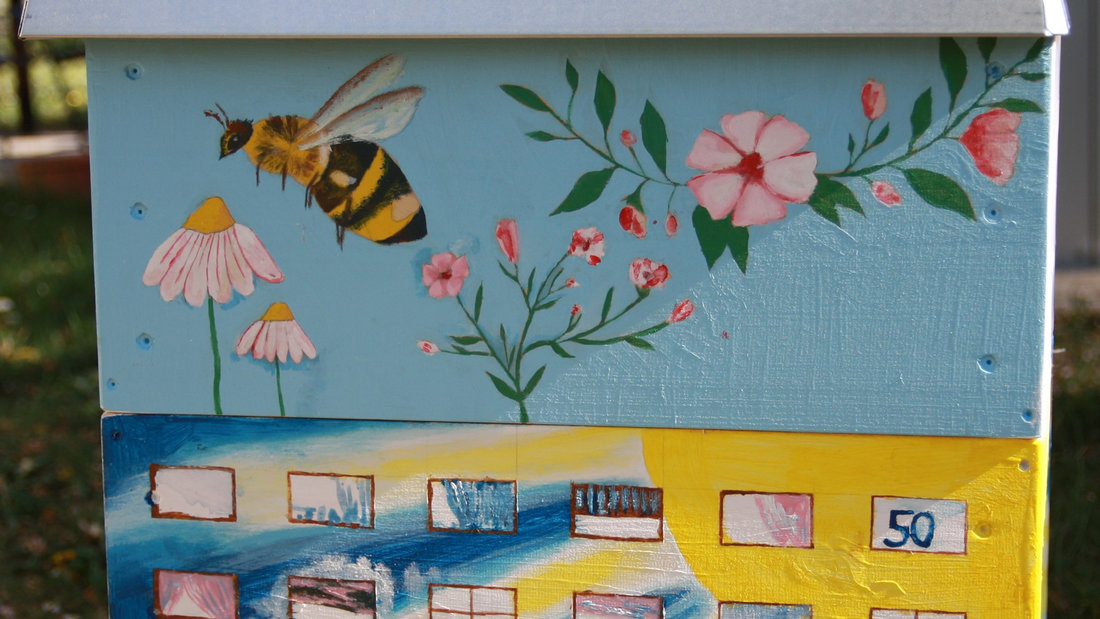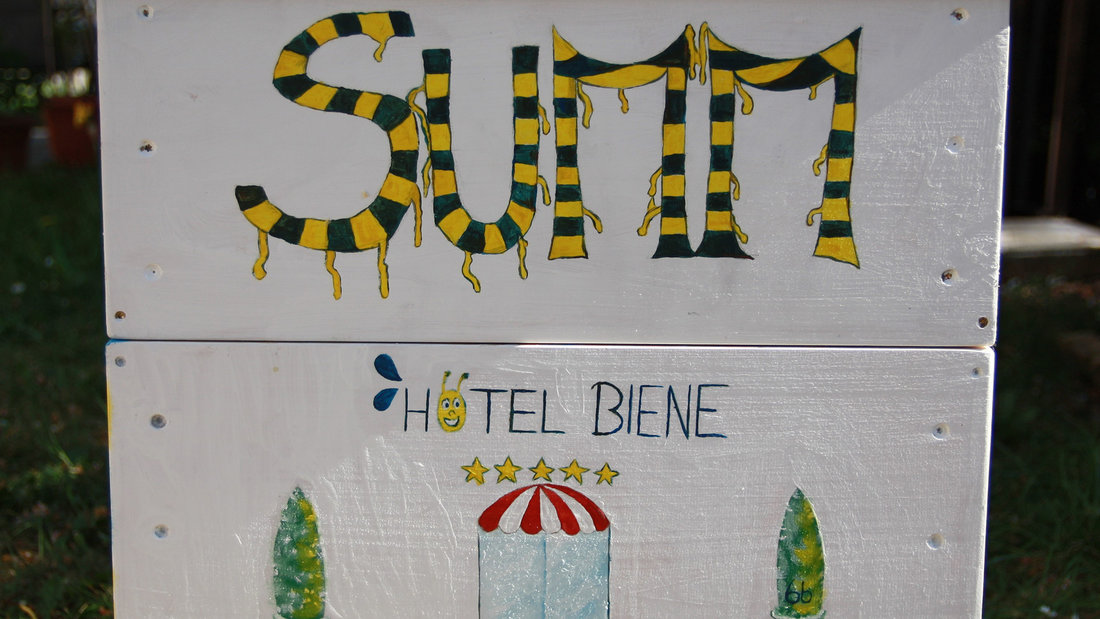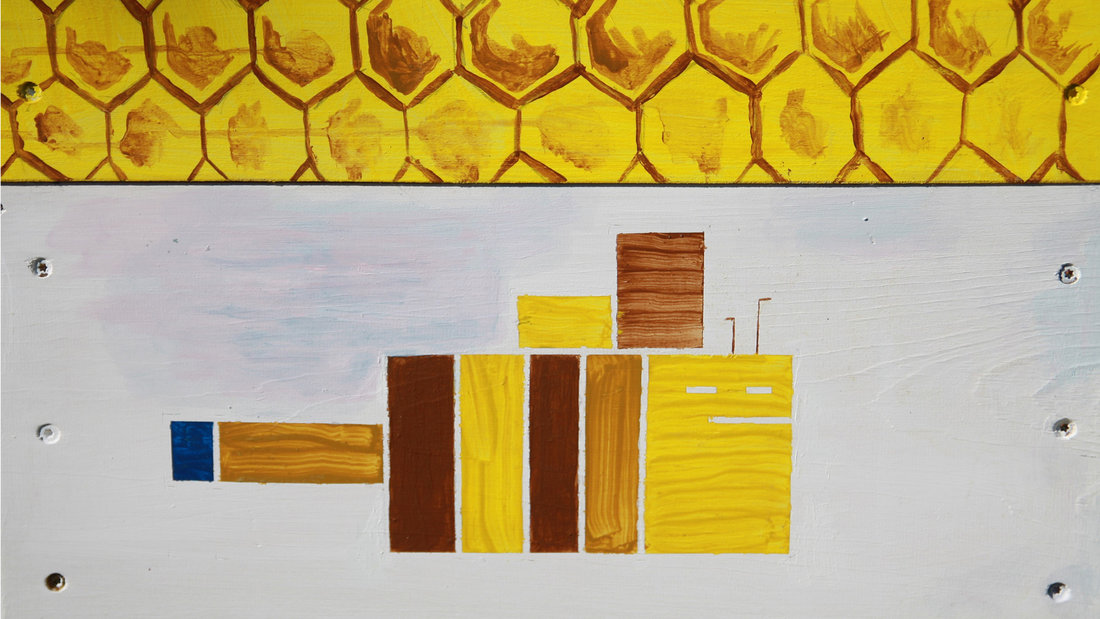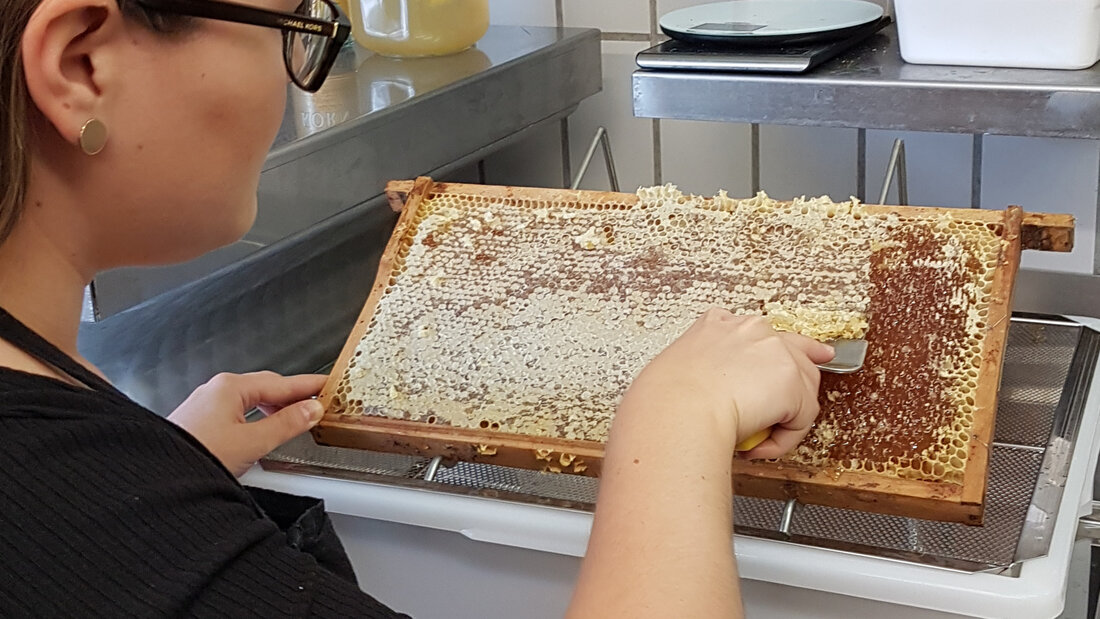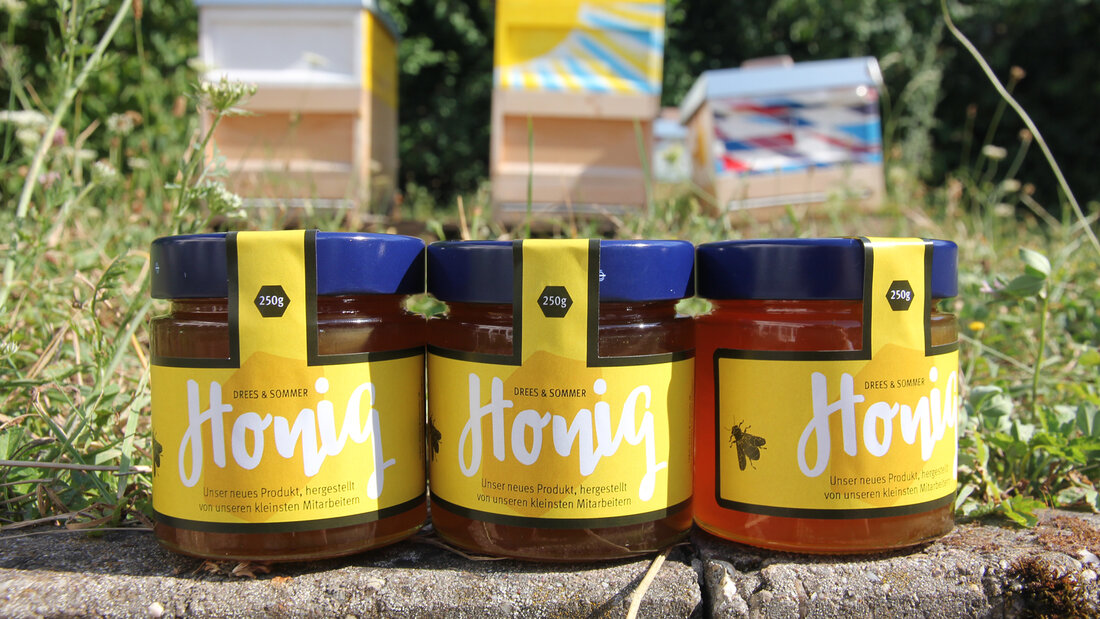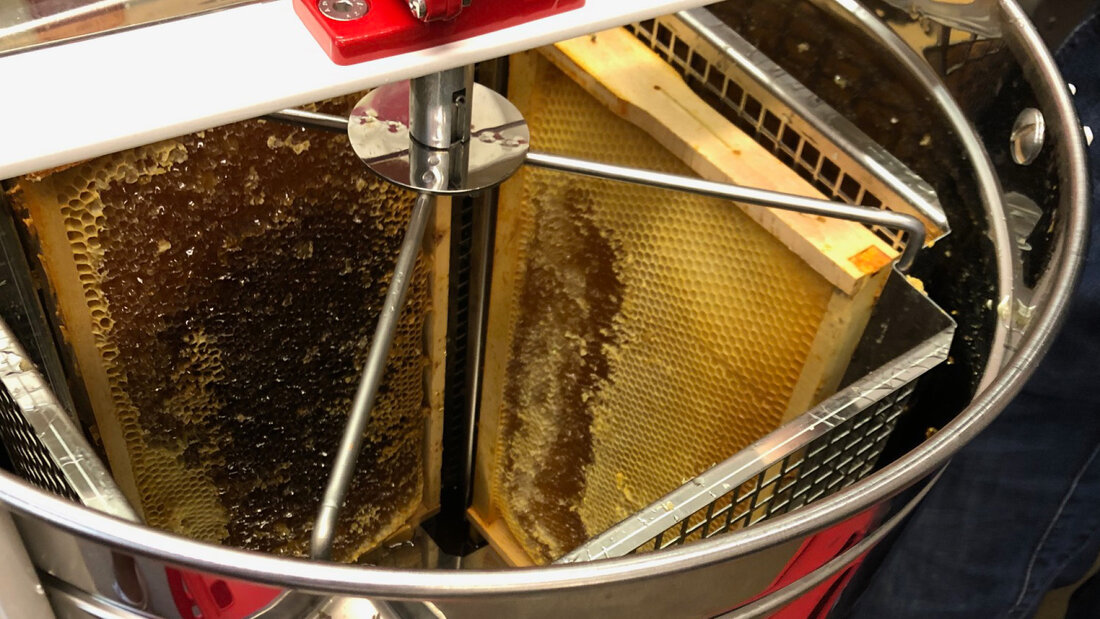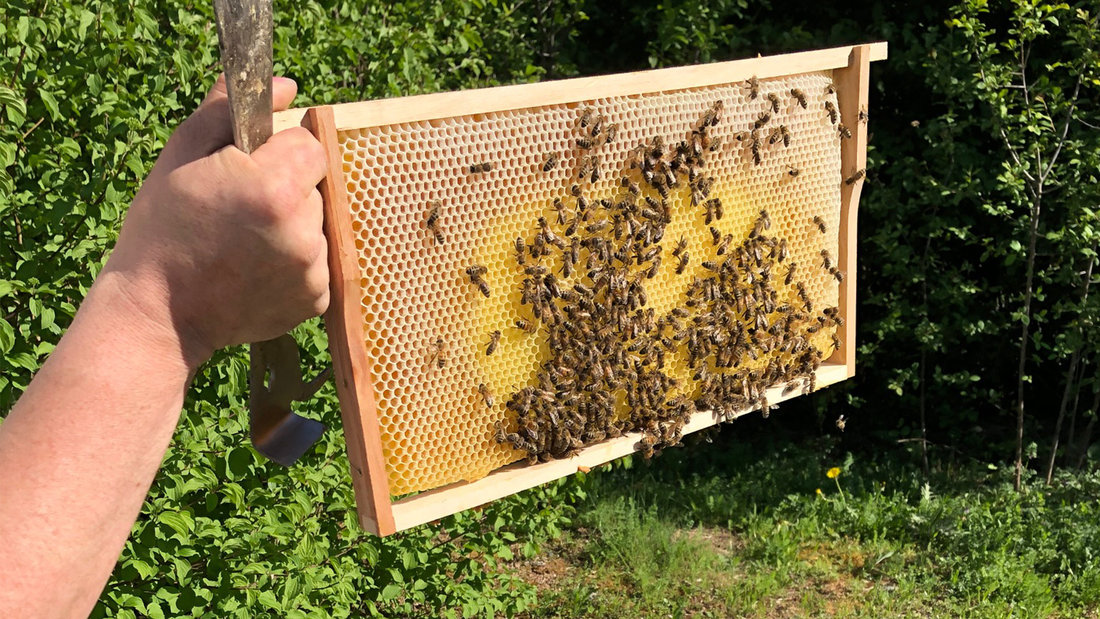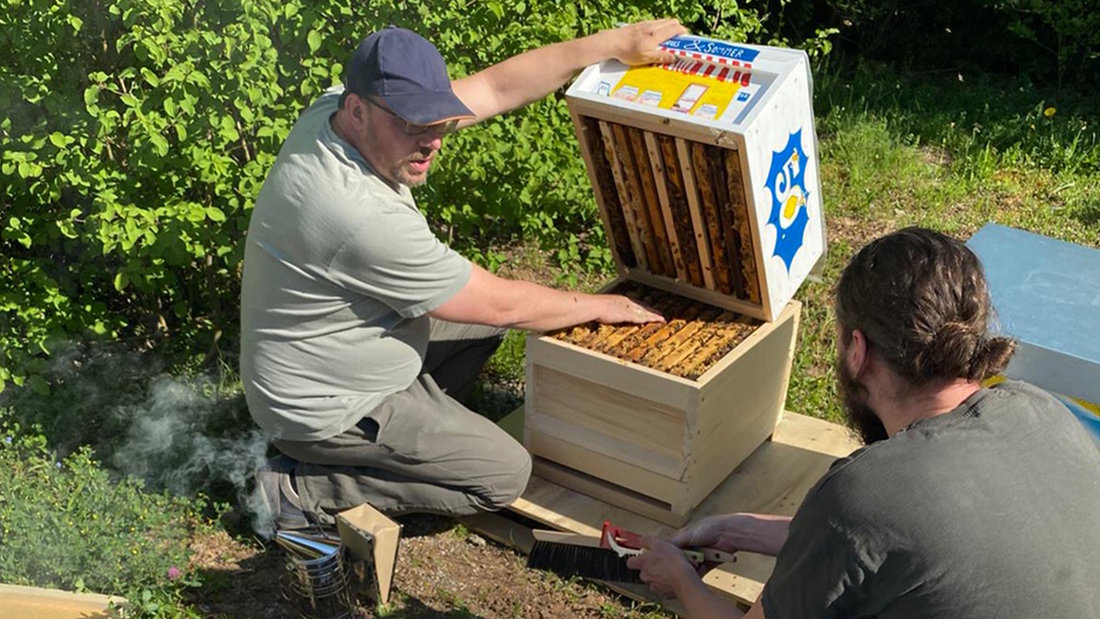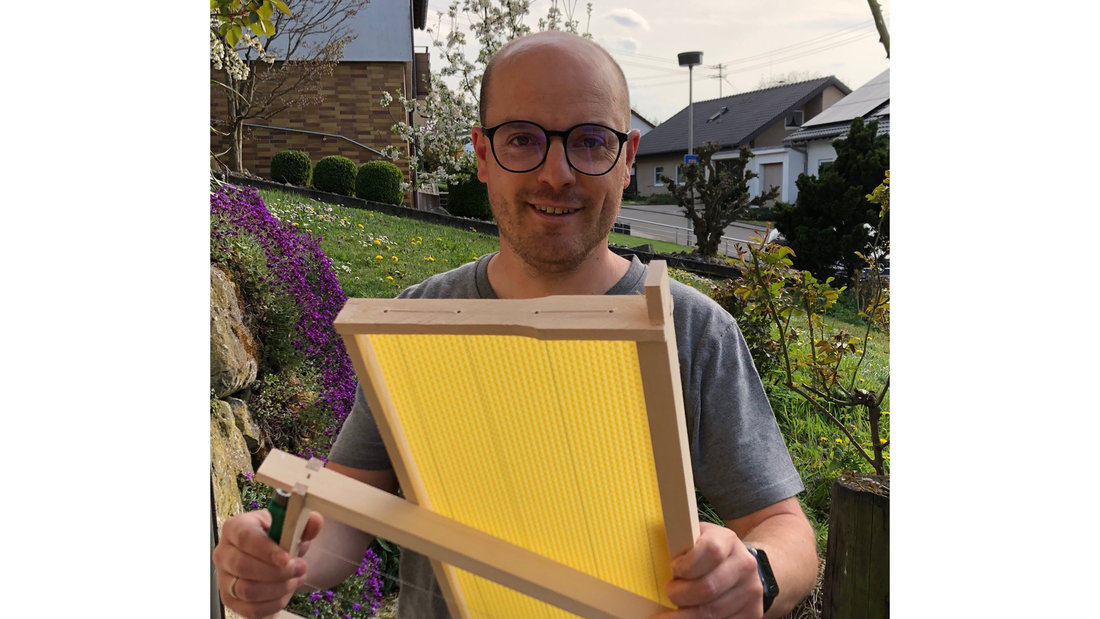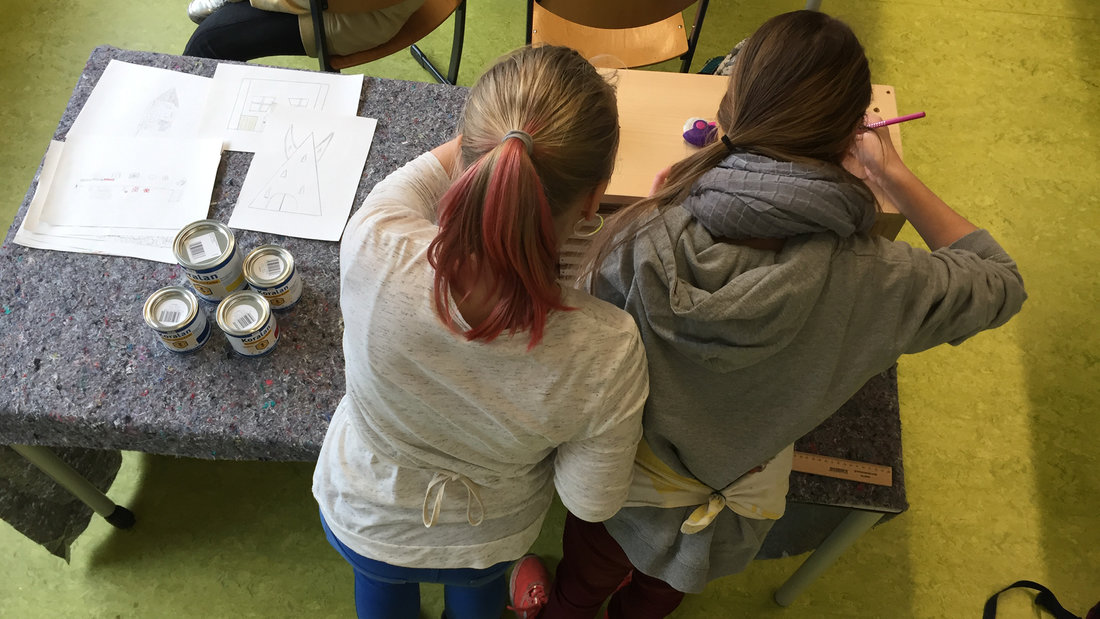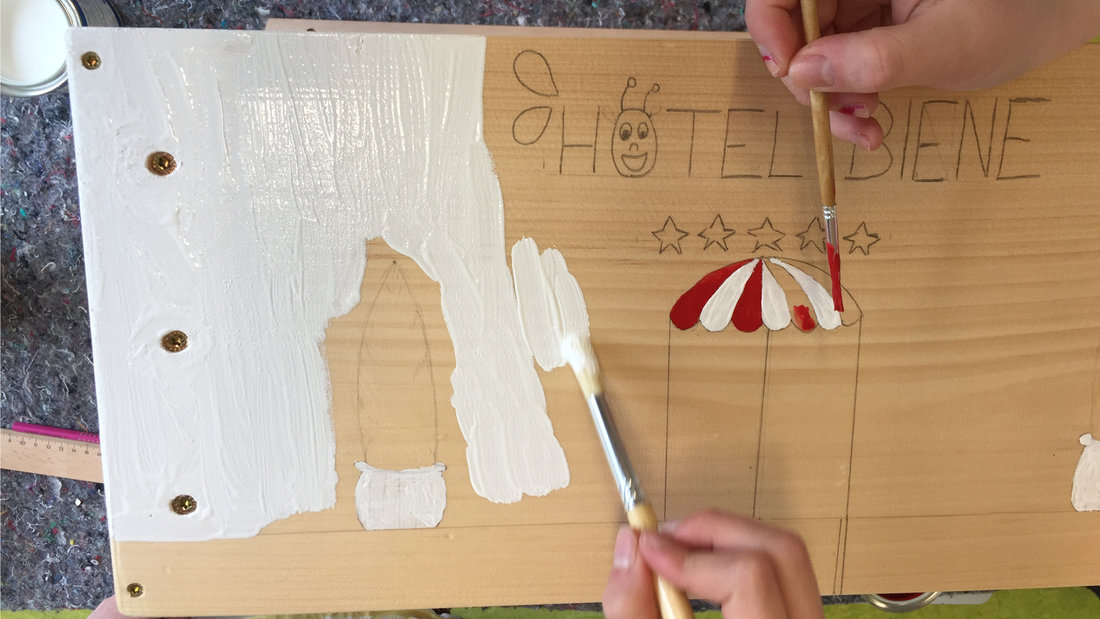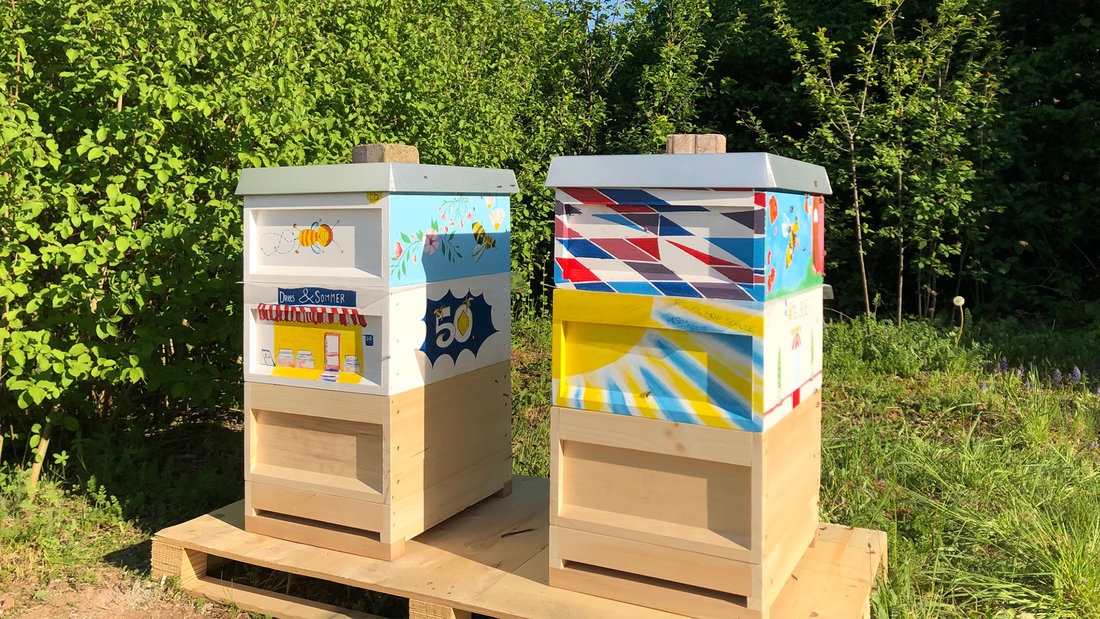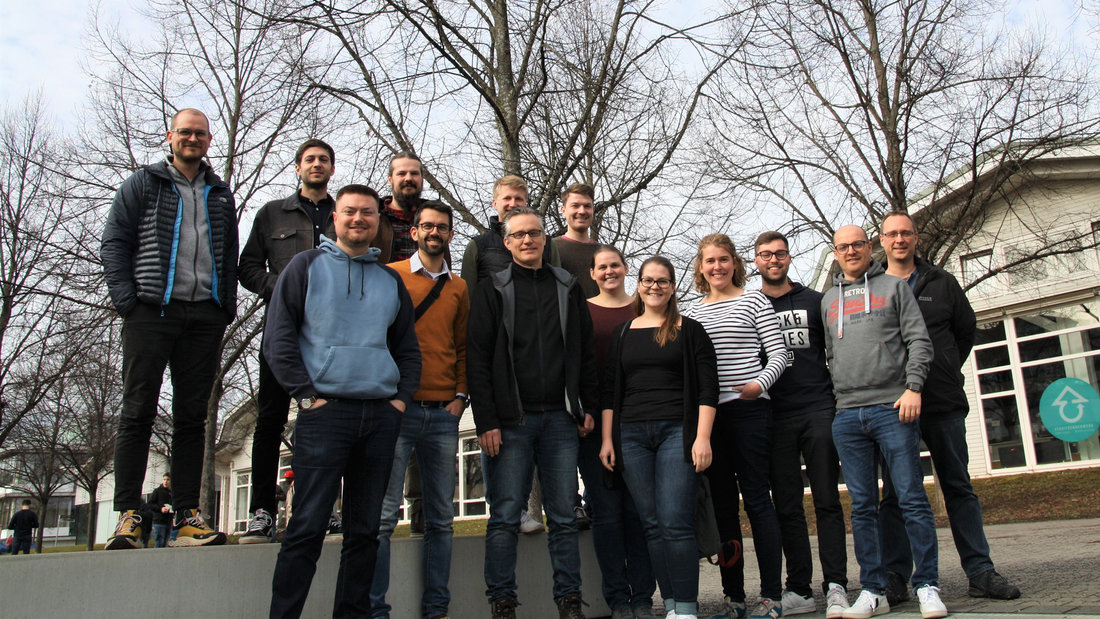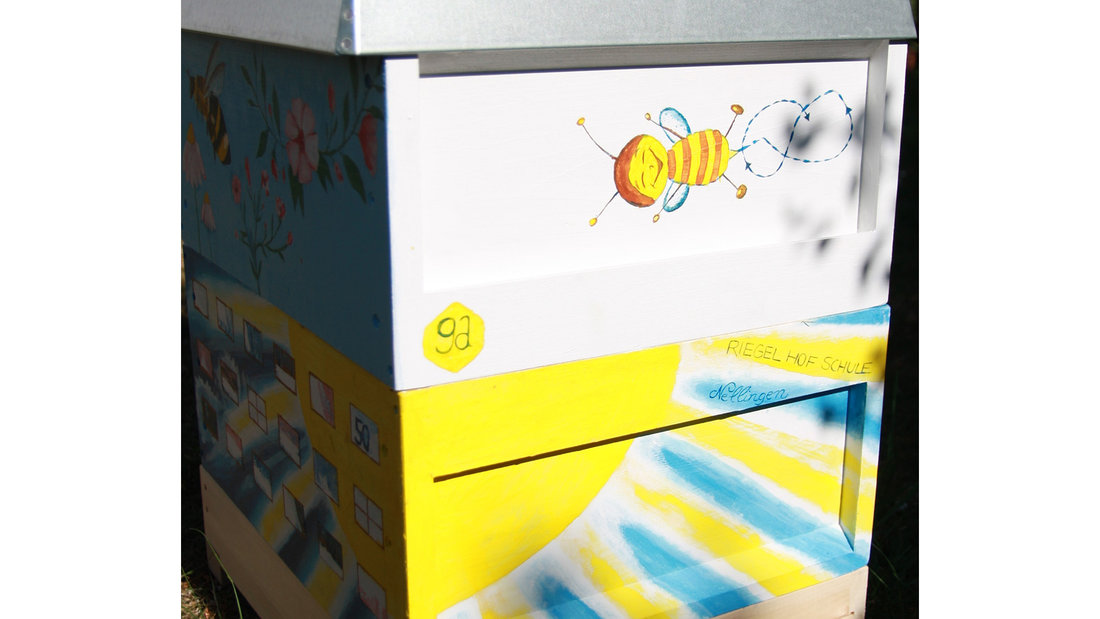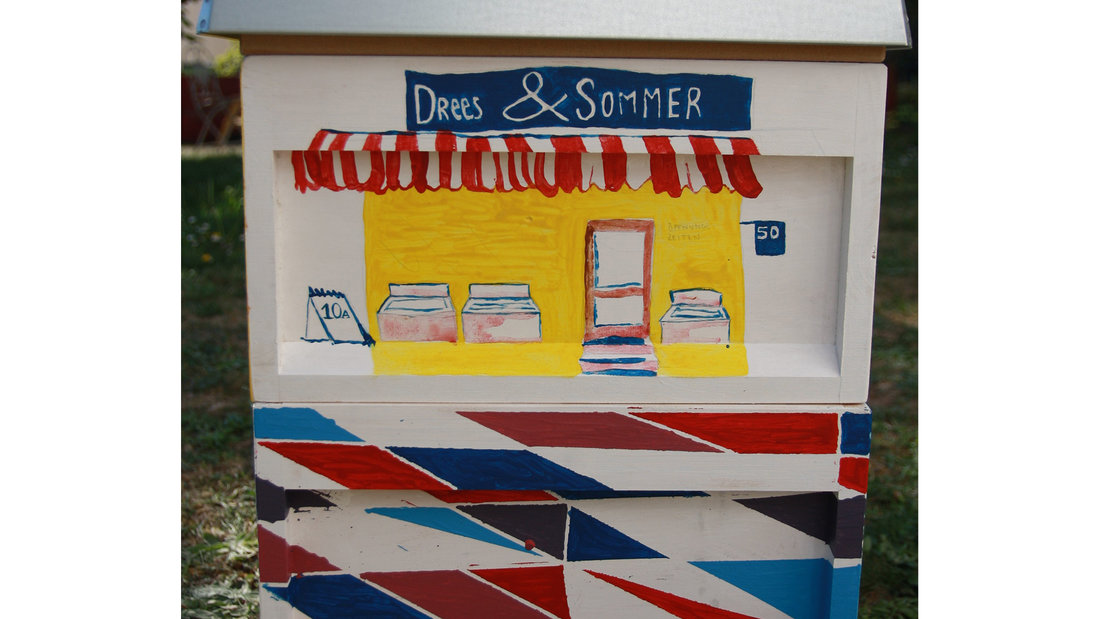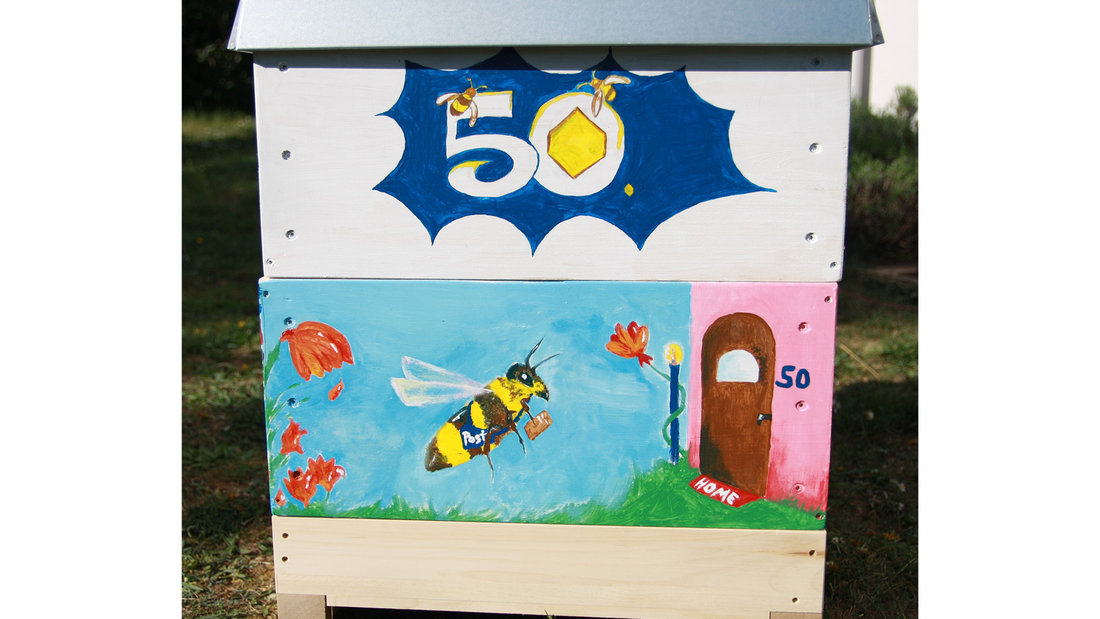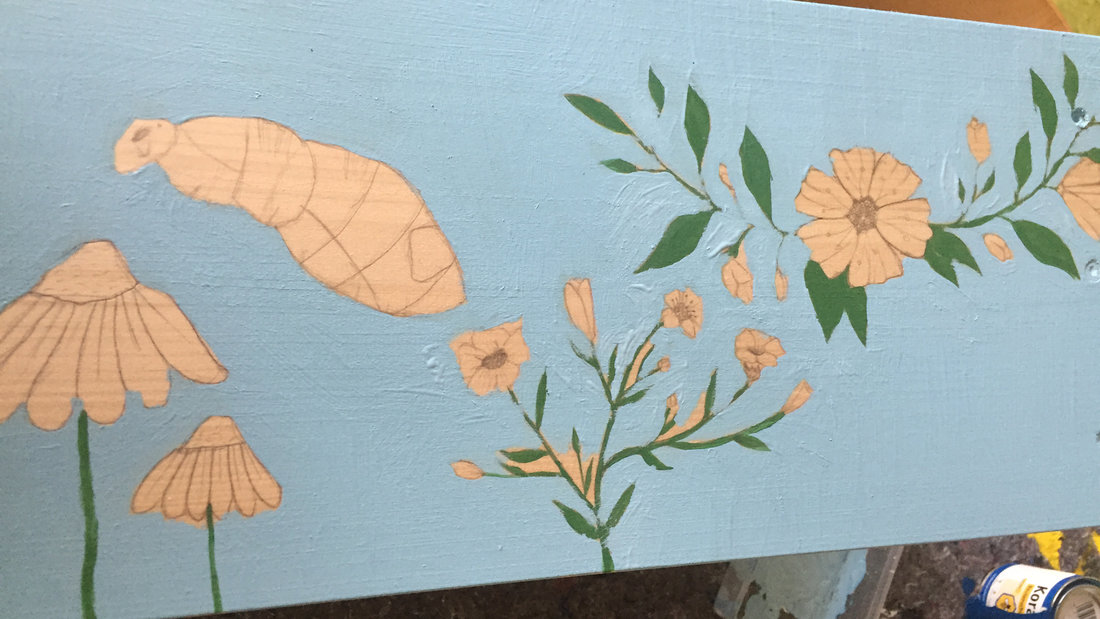Drees & Sommer has established two bee colonies on its campus in Stuttgart. This not only supports the local ecosystem, but also draws attention to the immense importance of these small insects and promotes opportunities for private beekeeping. The bees not only produced some 20 kilograms of honey in their first year, since early summer they have also been contributing to research into biodiversity and how it can be enhanced.
Whether honey bees, city bees or forest bees – these small insects are essential for our ecosystem. Honeybees alone pollinate almost 80 percent of all crops and wild plants. Yet their global population is in steady decline. The causes of this have not yet been fully researched, but it is clear that industrial agriculture plays a major role because broadscale fields and pasture deprive bees of habitat and food sources, and the pesticides used are harmful to bees.
A group of Drees & Sommer employees in Stuttgart wants to counteract this development by establishing two bee colonies of their own, with the dual aim of raising the regional bee population – and at the same time raising awareness of opportunities for private beekeeping.
The first stop for all the would-be beekeepers interested in joining the project was the University of Hohenheim. In mid-February, the fifteen aspiring amateur beekeepers attended a day-long introductory course with lots of theory and practical tips on beekeeping. The project team was also able to win the support of a local beekeepers’ association, which regularly use the Dreso bees to demonstrate the various steps throughout the bee calendar.
Before the two bee colonies were able to move in, the beehives needed a facade befitting their social status. So the hives were sent to a local secondary school, where the hard-working and creative children in three classes painted them.
The bees moved into their new home in Dreso City at the end of April. People are able to see them in front of the green wall between buildings OWP 22 and UWP 37. To ensure that the bees can find enough pollen there, several raised beds with flowers and other plants have been established around the two buildings.
As the result of Dresos teaming up with the Belgian startup BeeOdiversity, the Dreso bees also serve science. The idea is based on a well-known characteristic of pollen, namely that it can be used to measure the level of environmental pollutants. It also allows conclusions to be drawn about which flowers the bees flew to and the types of plant growing in the surrounding area. This gave rise to the idea of using the information for the development of sustainable buildings, districts and even whole cities.
And while the bees buzz busily, the Dreso beekeepers will maintain the hives and harvest the honey. With full success: After the extremely exciting and educational first months, a total of 23 kg of honey was filled into jars.
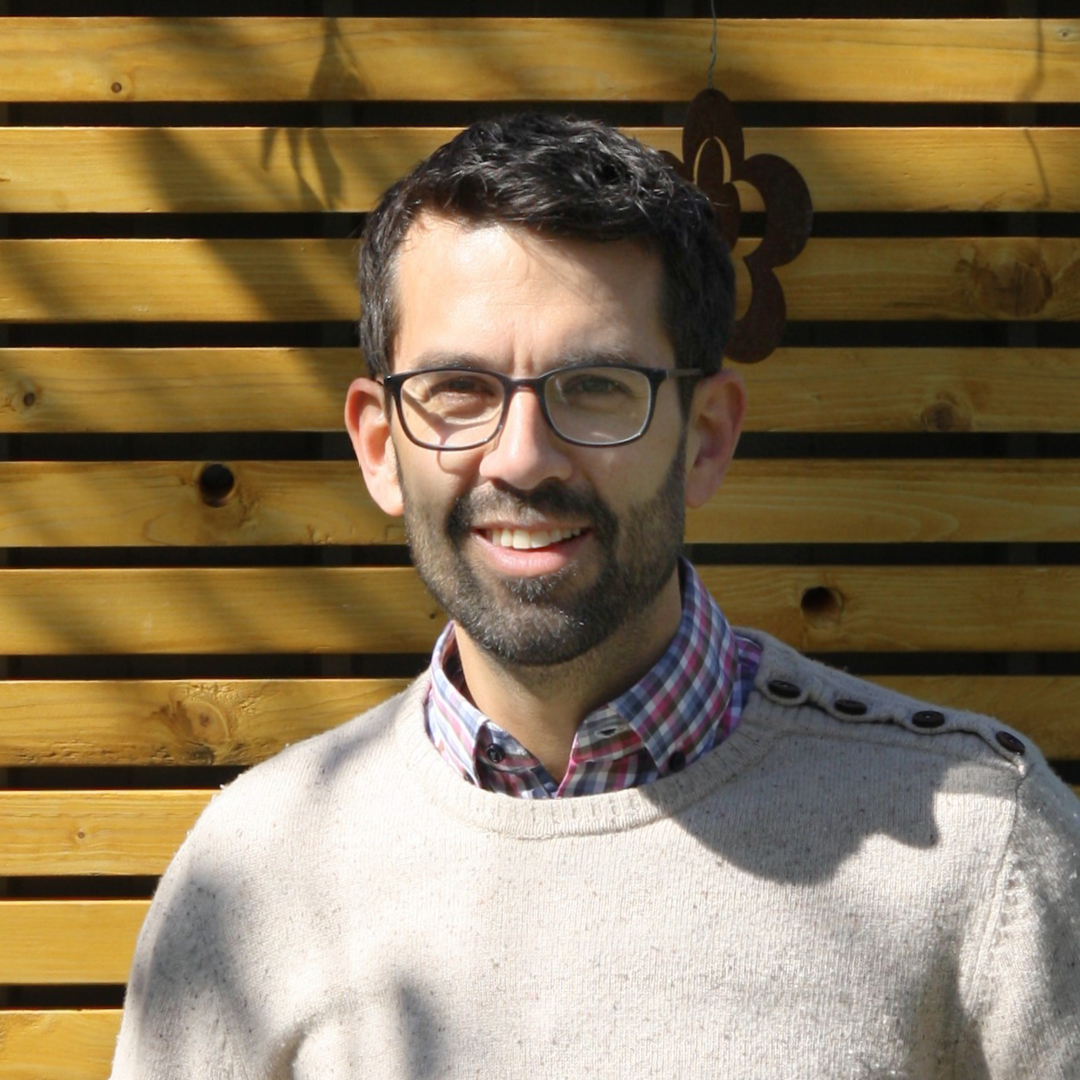
“This is beekeeping made simple. And if we can also make a small contribution to strengthening our ecosystem, that’s great.”
Sebastian Hampel, Drees & Sommer


